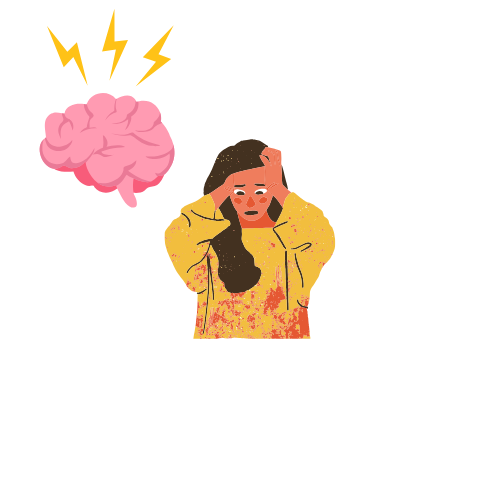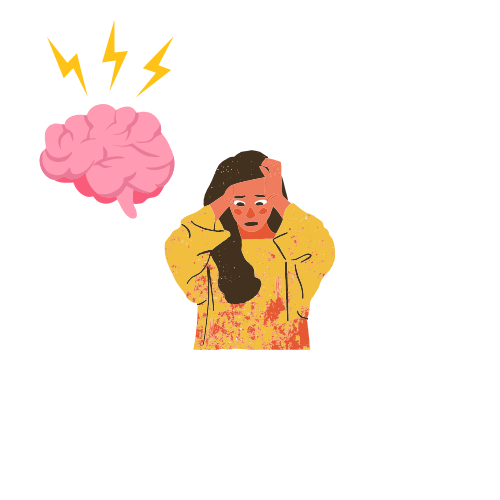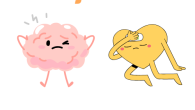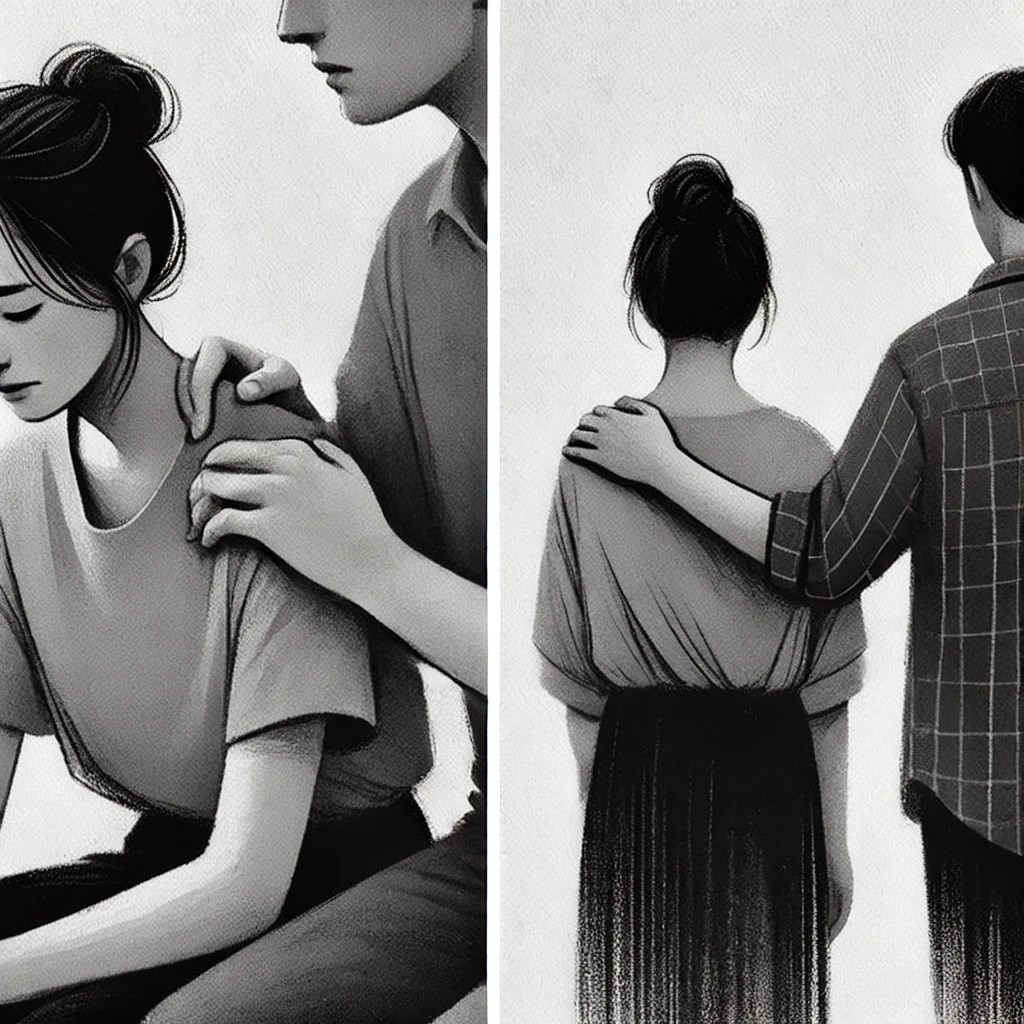
Why RSD Hits Harder for ADHD women and girls
Rejection Sensitive Dysphoria (RSD) is an intense emotional reaction to real or perceived rejection, criticism, or failure. While it can affect anyone with ADHD, research and lived experience suggest it often feels more severe for women and girls. This is due to both neurological differences and social pressures linked to gender.

The Brain and RSD
ADHD brains are wired for emotional sensitivity. The amygdala (emotions) reacts strongly, while the prefrontal cortex (regulation) has less control. This creates a heightened vulnerability to emotional dysregulation.
- By age 12, kids with ADHD hear thousands more negative comments than peers.
- Girls are often diagnosed late, so they hear criticism without understanding why — damaging self-esteem and identity.
Gender Expectations Make It Worse
Social conditioning teaches girls to be agreeable, read social cues, and keep peace in groups. ADHD traits like impulsivity, trouble reading signals, or emotional swings often clash with these expectations.
This leads to extra emotional labor, such as:
- Monitoring tone and expressions
- Rehearsing conversations
- Managing others’ feelings while struggling with their own
- Hiding struggles to “look put together”
Masking and Its Costs
Many women and girls “mask” their ADHD to fit in. While masking may reduce criticism short-term, it often makes RSD worse:
- Drains energy and focus
- Hurts authenticity (feeling fake or “wrong”)
- Delays diagnosis and access to support
- Feeds imposter syndrome
Childhood Experiences of Misattunement
ADHD girls are often misunderstood as lazy, dramatic, or defiant instead of neurodivergent. They may internalize these struggles, leading to:
- Self-blame and perfectionism
- Anxiety or depression
- Eating disorders or self-harm
For many, RSD shows up more as brutal self-criticism than outward explosions — making it harder to spot but equally painful.
The Perfectionism Trap
To avoid rejection, women may become perfectionists. But this backfires:
- Standards become impossible to reach
- Mistakes feel catastrophic
- Self-compassion gets blocked
- Stress and exhaustion increase
Even high-achievers report that success does not ease RSD. Instead, achievement raises the stakes and fuels the fear of failure.
Steps Toward Healing
Recovery isn’t about “fixing” sensitivity — it’s about support, reframing, and community.
- Somatic practices: calm the nervous system from the body up
- Parts work/therapy: explore protective strategies developed against rejection
- Medication: for some, ADHD meds reduce RSD intensity
- Community connection: share experiences with other neurodivergent women
Reframing makes the difference:
- Emotional intensity = neurological, not moral
- Sensitivity = awareness, not weakness
- Perfectionism = trauma response, not character flaw
Systemic Change Is Needed
Healing RSD isn’t only an individual task. Society must:
- Diagnose and support girls with ADHD earlier
- Educate parents, teachers, and healthcare providers about female ADHD patterns
- Challenge gender stereotypes that worsen shame
- Create environments that accommodate different brains
Key Insight: RSD is not simply about being “too sensitive.” It is the result of a mismatch between how ADHD brains work and the expectations placed on women and girls. Healing comes from both personal coping strategies and broader systemic change.




